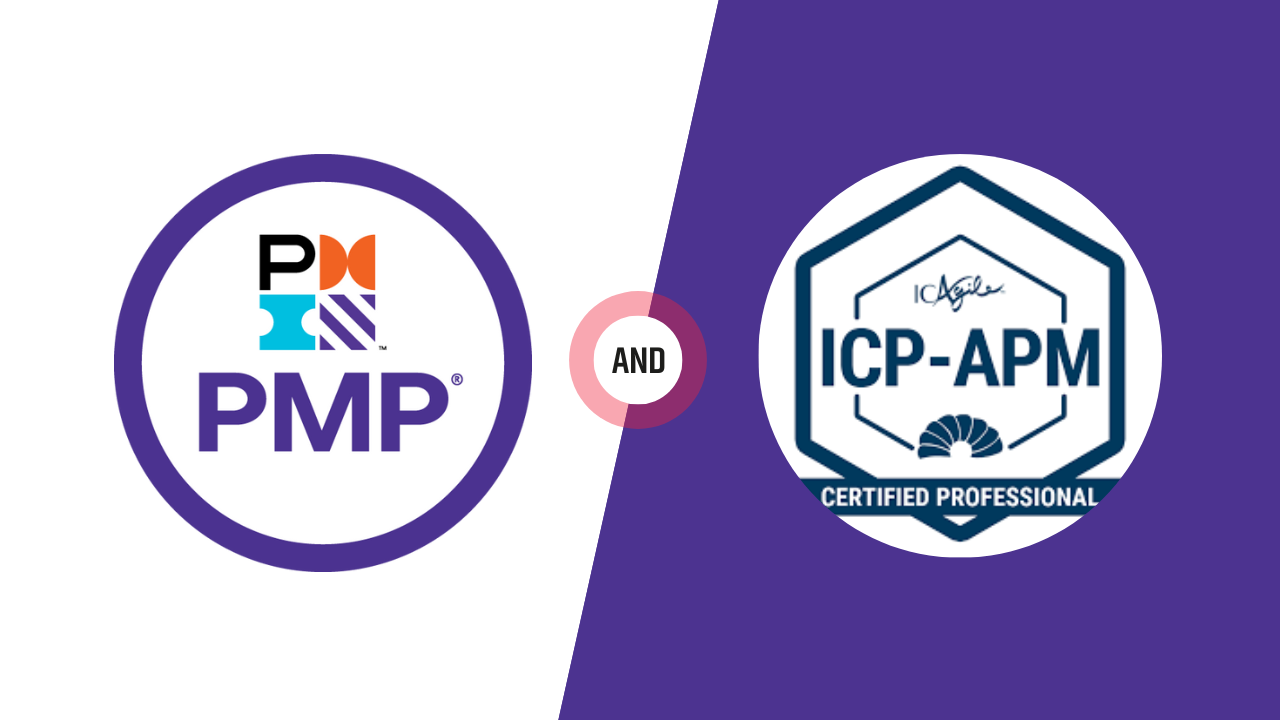
Introduction
In the dynamic world of project management, staying ahead of the curve is crucial for career growth and success. Two prominent certifications in the field, APM (Agile Project Management) by ICAgile and PMP (Project Management Professional) by PMI (Project Management Institute), have gained recognition worldwide. However, understanding the key differences between these certifications is essential for professionals looking to enhance their project management skills. In this blog, we will explore the APM course by ICAgile and its distinctions from PMP.
APM by ICAgile: An Overview
ICAgile, the International Consortium for Agile, offers the Agile Project Management (APM) certification. APM is designed for project managers, team leads, and anyone involved in Agile projects. This certification acknowledges the candidate’s expertise in Agile principles, practices, and techniques.
Differences between APM and PMP
Focus on Agile Methodologies:
APM is specifically tailored to Agile methodologies and practices. It emphasizes concepts like Scrum, Kanban, Lean, and other Agile frameworks, making it ideal for professionals working in Agile environments.
PMP, on the other hand, covers a broader range of project management approaches, including traditional Waterfall methods. While it has recently incorporated Agile content, PMP primarily revolves around traditional project management principles.
Flexibility and Adaptability:
APM promotes adaptability and flexibility in project management. It equips professionals with the skills to respond effectively to changes and uncertainties, which are common in Agile projects.
PMP, though comprehensive, tends to be more rigid in its approach, emphasizing the importance of detailed project planning and adherence to predefined processes.
Eligibility and Prerequisites:
To pursue the APM certification, candidates do not require a specific number of hours of project management experience, making it accessible to individuals at various career stages.
PMP has strict eligibility criteria, including a minimum of 4,500 hours of project management experience for those with a bachelor’s degree and 7,500 hours for those without. This makes PMP more suitable for experienced project managers.
Examination Format:
APM typically includes written assessments and practical evaluations to gauge a candidate’s understanding and application of Agile principles.
PMP has a comprehensive, four-hour exam consisting of multiple-choice questions. It evaluates a candidate’s knowledge of project management processes, tools, and techniques.
Continuous Learning:
APM encourages continuous learning through its focus on Agile principles and staying up-to-date with evolving Agile practices.
PMP requires certified professionals to earn Professional Development Units (PDUs) to maintain their certification. These PDUs can be earned through training, conferences, and other project management-related activities.
Conclusion
Both APM by ICAgile and PMP by PMI are valuable certifications that can significantly boost your project management career. The choice between the two depends on your career goals, experience level, and the project management environment in which you work. If you’re involved in Agile projects and seek a certification that aligns with Agile principles, APM is a great choice. On the other hand, if you prefer a comprehensive project management certification with a broader scope, PMP may be the right fit. Ultimately, investing in professional development and acquiring relevant certifications will enhance your skills and open up new career opportunities in the exciting field of project management.








